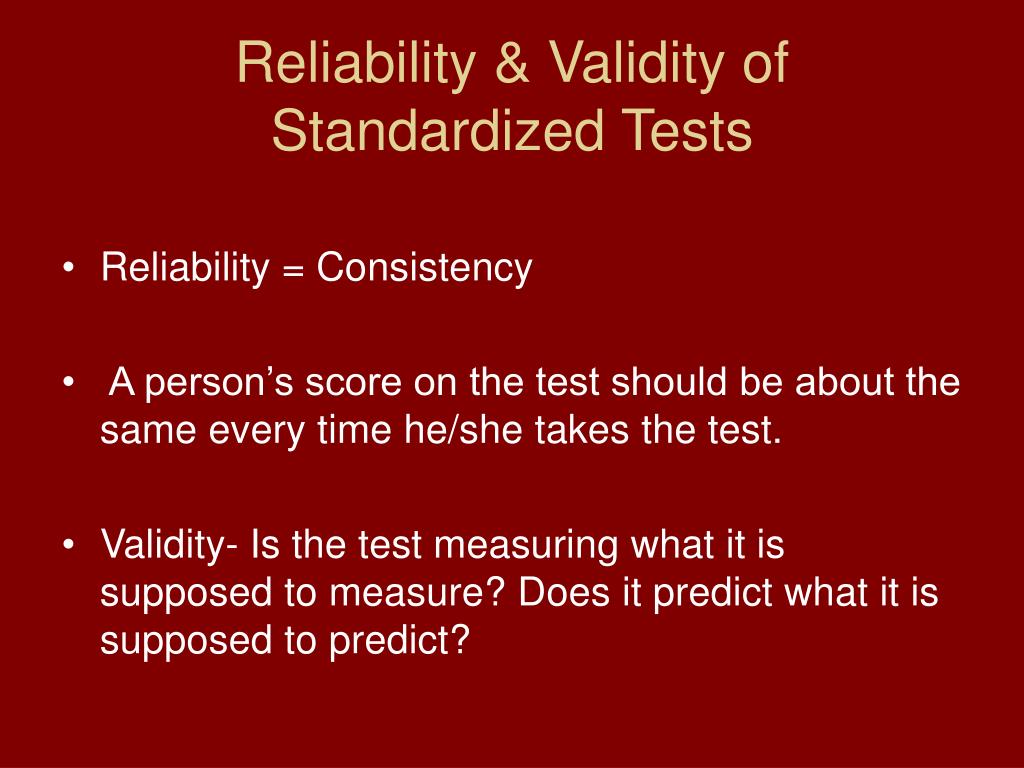

But what if they aren't? What if nothing stays constant over a lifetime? Explore that enigma in the latest episode of the NPR podcast Invisibilia.Īctually, it was just one test they were talking about: the Myers-Briggs Type Indicator. We like to think of our own personalities, and those of our family and friends, as predictable, constant over time.

There are the personality tests administered to job applicants "to determine if you're a good fit for the company" there are the personality tests imposed on people who are already employed, "in order to facilitate teamwork" there are the personality tests we take voluntarily, in career counseling offices and on self-improvement retreats and in the back pages of magazines (or, increasingly, online). Personality testing is an industry the way astrology or dream analysis is an industry: slippery, often underground, hard to monitor or measure. I say "appear" because - today as when I wrote the book - verifiable numbers on the use of such tests are hard to come by. Personality tests appear to be more popular than ever. Personality tests are neither valid nor reliable, I argued, and we should stop using them - especially for making decisions that affect the course of people's lives, like workplace hiring and promotion.īut if I thought that my book, The Cult of Personality Testing, would lead to change in the world, I was keenly mistaken. Twelve years ago, I tried to drive a stake into the heart of the personality-testing industry.


 0 kommentar(er)
0 kommentar(er)
